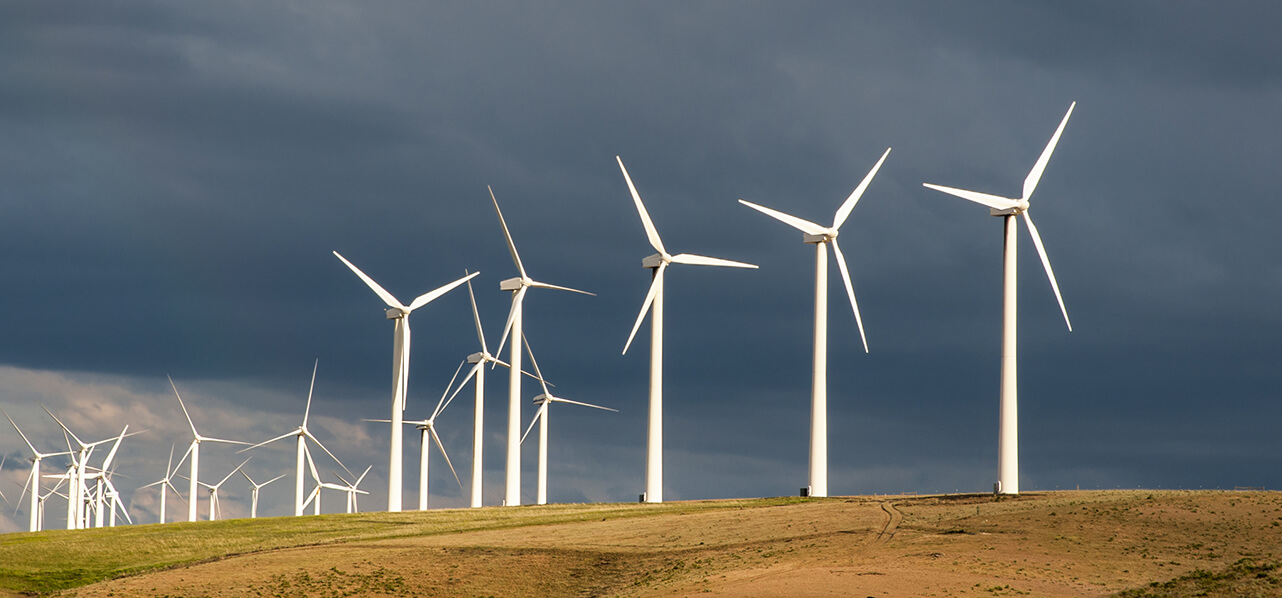Partner Hamburg
"In this series, WFW experts will discuss what viable strategies are available for heavy industries to lighten their footprint."
In our series “Heavy Industries Go Light”, we discuss what viable strategies are available for heavy industries to lighten their footprint.
Joint Ventures in renewable energy projects
Capital efficiency drives cost-effective investments in renewable energy. Joint ventures are becoming popular as they align interests and offer stable returns amidst rising decarbonisation efforts. However, they must navigate the challenges in return expectations, investments horizons and expertise to succeed. Explore this article to learn how joint ventures are shaping the future of renewable energy investments.
Full article here.
Power Purchase Agreements (PPAs) – The key to sustainable energy supply
For Heavy Industries Power Purchase Agreements (PPAs) are crucial for sustainable energy and – where needed – green hydrogen production, with tailored contracts addressing specific needs and regulatory frameworks. In this article, we discuss the key contractual elements of PPAs, how offshore wind energy opens new opportunities for PPAs and the structuring options for risk allocations.
Full article here.
Carbon Dioxide Capture and Storage – Better stored deep down than blown high up
Carbon Dioxide Capture and Storage is a technology and growing business sector. The German federal government has recently come out in favour of CCS as a “building block for a climate-neutral and competitive industry”. This article details what CCS is, the legal framework in Germany, and funding opportunities.
Full article here.
Grid Fee Reforms – Danger Alert for German Heavy Industry?
In July 2024, Germany’s Federal Network Agency (Bundesnetzagentur – “BNetzA”) published a key issues paper in which it further develops the regulations on grid fees for industrial customers. What might this mean for the industry?
Full article here.
Energy transition in industrial parks
EU Renewable Energy Directive (RED III) mandates 42% green hydrogen use in the industry by 2030, rising to 60% by 2035 which will have significant impacts on industrial parks. To meet the regulation requirements, industrial parks must accelerate their energy transition. Read this article to understand how to navigate increased legal requirements for industrial companies.
Full article here.
The Chemical Industry and Renewables: A Path Towards Sustainability
The chemical industry is pivoting towards sustainability by integrating renewable energy sources. This shift aims to reduce the industry’s carbon footprint while maintaining productivity and innovation. As the world moves towards a greener future, the chemical industry must continue to innovate and adapt. This article emphasises the industry’s crucial role in the global effort to combat climate change.
Full article here.
The End of Uniform Electricity Prices Across Germany?
It is rare to see renewable energy associations and heavy industry players agreeing on matters of energy policy – however just this is currently happening regarding discussions to split the German electricity market into two or more separate “bidding zones”. Southern industries fear rising prices, while northern wind energy producers are afraid of falling prices. Supported by some grid operators, they caution against the split. Proponents argue that lower prices in high-production regions could attract energy-intensive industries like electrolysers. Various economic arguments have been presented on both sides. So, what is the legal background for this discussion and who will decide?
Full article here.
Key contacts
Key contacts
Partner Hamburg
Partner Hamburg
Partner Düsseldorf






